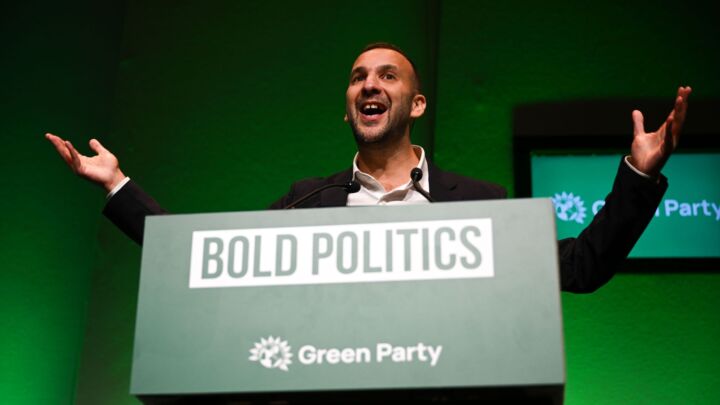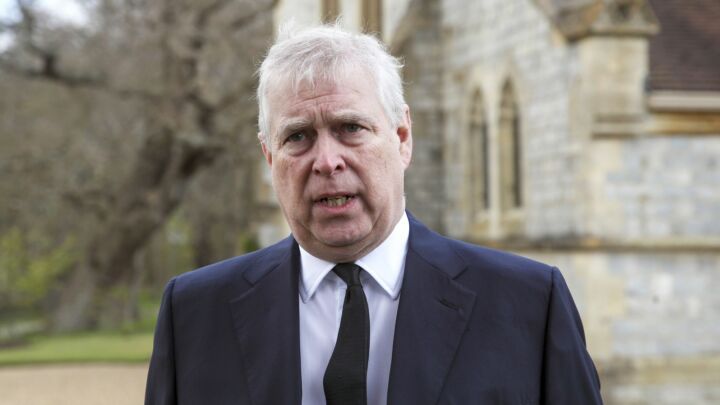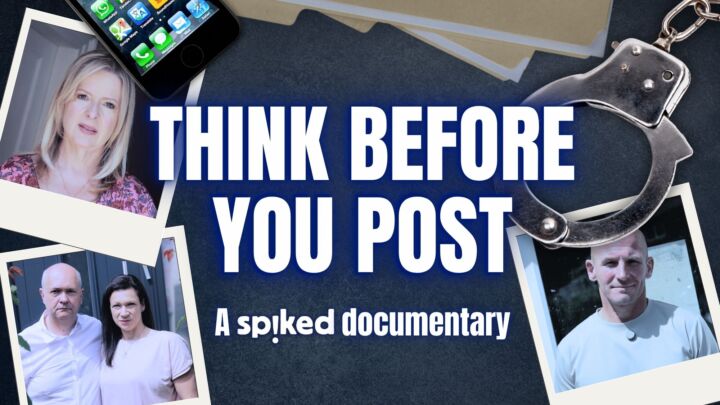In defence of difficult, pointless poetry
Jeremy Paxman's suggestion that poetry should be more engaging misses the point about the power of the artform.

Want unlimited, ad-free access? Become a spiked supporter.
It’s starting to feel like we’re living in an English student’s wet dream. Last week, one of the main political talking points was about whether the nation’s youth should be reading John Steinbeck or Thomas Hardy. This past week, thanks to Jeremy Paxman’s pronouncements on the Forward Prize, the public discussion has been around the idea that poets should do more to engage with the concerns of ‘ordinary people’. What civilised brave new world are we living in? By this time next week, politicians and journalists may be coming to blows over the merits of Commedia dell’arte versus medieval French fabliaux.
It is, on the surface, easy to sympathise with Paxman’s concern that poetry is an artform in crisis. Last year, the admirable independent publisher Salt announced it could no longer afford to publish poetry collections by individual modern poets; even leading poets are lucky to sell a few thousand copies of their collections each year. Can you even name two winners of the Forward Prize in the past 10 years? What about just one? No? Do you even know what it is?
Sounding like just about every politician who appears on Newsnight, Paxo called for an independent public inquiry – sorry, ‘an inquisition’ – where the nation’s poets would be brought before the public to account for the obscurity of their themes, the obliqueness of their expression, the obfuscation of their poesy. Paxman seems to think that an X Factor-style approach to poetry would be ‘a really illuminating experience’ which would encourage poetry ‘to raise its game a little bit’. Hmm, are you sure about that one, Jezza? Barely a day goes by when I’m not being sent one slam poem or another about some ‘real’ issue from someone who assures me it will ‘blow my mind’. Whether it’s poems about Michael Gove, cultural stereotyping, rape culture, being anti-immigrant, advice to boys on dating your daughter, or the experience of being gay and touching a boob, they invariably fail to do so.
Spend five minutes on YouTube and you will find a performance poem relating to just about any thought that has ever occurred to any sentient being. What’s more, these poets will probably have fostered more views, shares and discussion than most Forward Prize-nominated poets could ever dream of. Yet I suspect you’ll rarely experience enlightenment in response to these poems, the power of having your mind changed and your perspective slightly shifted. As Shelley put it, poetry at its best ‘lifts the veil from the hidden beauty of the world’, a feat these poets will likely never manage.
I don’t mean to pick on performance poetry. It is a form that has many fine practitioners and many very passionate fans. It would be a fine thing, indeed, if we lived in a society which was hungry to learn about poetry’s techniques. Yet the problem with modern poetry is not that it is too complex or not engaging enough. As the poet George Szirtes once beautifully described it, poetry is ‘not a pretty way of saying something straight, but the straightest way of saying something complex’.
If we want keep poetry alive then we need to cultivate an audience, a small one would suffice, that yearns for poetry’s sheer pointless beauty. Poetry at its best enlivens and enriches our experience of being alive, of being human, and fulfils humanity’s need for something more beyond our immediate, observable existence. Surrendering poetry’s great potential for the sake of accessibility would do the artform a great disservice.
David Bowden is a columnist for spiked.
You’ve read 3 free articles this month.
Support spiked and get unlimited access.
Help us hit our 1% target
spiked is funded by readers like you. It’s your generosity that keeps us fearless and independent.
Only 0.1% of our regular readers currently support spiked. If just 1% gave, we could grow our team – and step up the fight for free speech and democracy right when it matters most.
Join today from £5/month (£50/year) and get unlimited, ad-free access, bonus content, exclusive events and more – all while helping to keep spiked saying the unsayable.
Monthly support makes the biggest difference. Thank you.








Comments
Want to join the conversation?
Only spiked supporters and patrons, who donate regularly to us, can comment on our articles.